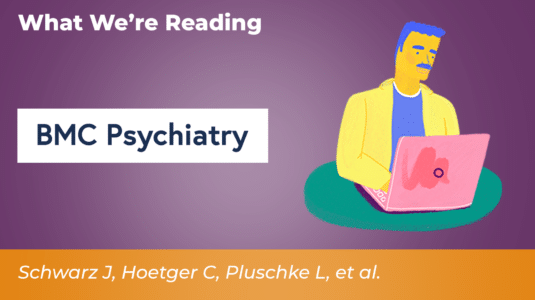Psychiatrists practiced in Germany where open notes have not yet been established as part of the healthcare data infrastructure. Open notes were perceived to increase transparency and patient involvement but were also believed to raise issues of stigmatization and conflicts.
Esch, Tobias
Tobias Esch: Integrating OpenNotes and promoting self-management in primary care in Germany: The Witten Model
In Germany, patients’ rights to access their health information has been enshrined in the Civil Code since February 2013. The right to “inspect medical records” in § 630 g states “The patient is on request to be permitted to inspect the complete medical records concerning him/her without delay to the extent that there are no considerable therapeutic grounds or third party rights at stake to warrant objections to inspection. The patient can also request electronic duplicates of the medical records.”
Engaging patients through open notes: an evaluation using mixed methods
As the use of fully transparent medical records spreads, it is important to gain a deeper understanding of possible benefits or harms, and to characterise target populations that may require varying modes of delivery. Patient desires for expansion of this practice extend to specialty care and settings beyond the physician’s office. Patients are also interested in becoming involved actively in the generation of their medical records. The OpenNotes movement may increase patient activation and engagement in important ways.
This is an Open Access article distributed in accordance with the Creative Commons Attribution Non Commercial (CC BY-NC 4.0) license, which permits others to distribute, remix, adapt, build upon this work non-commercially, and license their derivative works on different terms, provided the original work is properly cited and the use is non-commercial.




